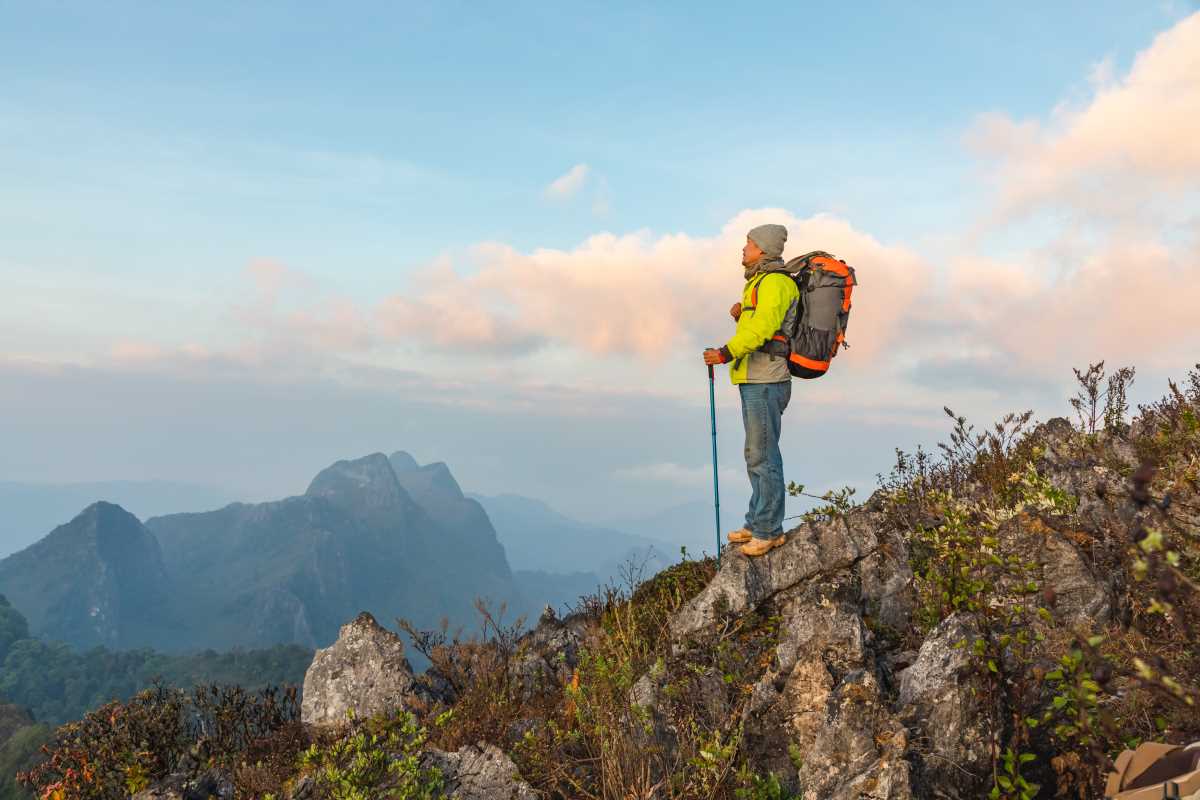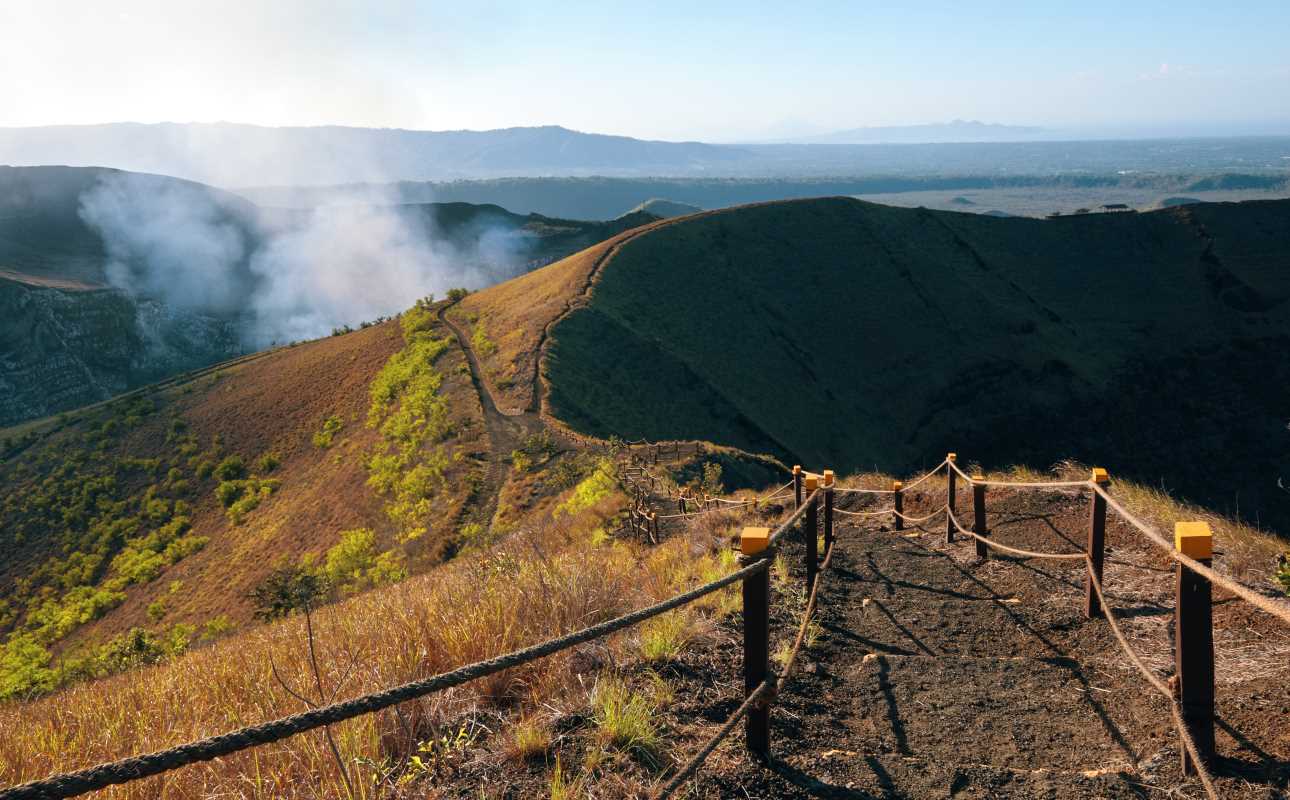Instead of waking up to the noise of a bustling city, imagine greeting the day with the gentle melodies of the natural world, breathing in crisp morning air, and setting off on a journey that excites your adventurous soul while safeguarding the planet's splendor. Leave No Trace hiking opens the door to responsible exploration of breathtaking landscapes, guaranteeing that these marvels endure unspoiled for future generations. Whether you find yourself trekking through lush forests, conquering rugged mountain paths, or strolling along untouched seashores, committing to sustainable exploration not only deepens your connection to nature but also respects and protects the environment you hold dear.
Understanding Leave No Trace Principles
- Plan Ahead and Prepare: Proper planning minimizes impact on the environment and enhances your safety.
- Travel and Camp on Durable Surfaces: Stick to established trails and campsites to protect vegetation and habitats.
- Dispose of Waste Properly: Pack out all trash, leftover food, and litter to keep natural areas clean.
- Leave What You Find: Preserve the natural state by not disturbing or removing any natural objects.
- Minimize Campfire Impact: Use a lightweight stove instead of building fires, reducing the risk of wildfires.
- Respect Wildlife: Observe animals from a distance and avoid feeding them to maintain their natural behaviors.
- Be Considerate of Other Visitors: Keep noise levels down and yield to others to ensure a peaceful experience for everyone.
Adhering to the leave no trace principles protects the environment and enhances your hiking experience by creating a deeper connection with nature.
Why Sustainable Hiking Matters
Sustainable hiking plays a crucial role in preserving our natural landscapes. By following eco-friendly practices, hikers maintain the integrity of trails, prevent soil erosion, and protect wildlife habitats. This ensures that the beauty of these areas remains intact, allowing future generations to enjoy the same pristine environments we cherish today.
Sustainable hiking also promotes environmental awareness and responsibility. When hikers take steps to minimize their impact, they set a positive example for others and contribute to broader conservation efforts. This collective action can lead to significant positive changes, safeguarding natural wonders from the adverse effects of overuse and neglect.
Practical Tips for Leave No Trace Hiking
- Plan Your Route Carefully: Choose established trails and avoid sensitive areas to reduce environmental impact.
- Pack Out All Trash: Bring reusable containers and bags to carry out all your waste, ensuring nothing is left behind.
- Use a Portable Stove: Instead of building fires, use a lightweight stove for cooking, which minimizes the risk of wildfires and reduces carbon emissions.
- Respect Wildlife: Observe animals from a distance and avoid disturbing their natural behaviors to maintain ecosystem balance.
- Practice Water Conservation: Use biodegradable soaps and carry sufficient water to prevent contamination of natural water sources.
- Adopt zero-waste travel hacks: Incorporate reusable items like utensils, containers, and clothing to minimize waste during your hikes.
- Stay on Durable Surfaces: Walk on established trails and avoid creating new paths to preserve vegetation and prevent erosion.
Exploring Natural Wonders Responsibly
From the majestic peaks of the Rocky Mountains to the tranquil shores of the Great Lakes, natural wonders offer breathtaking experiences for hikers and nature enthusiasts alike. When visiting these iconic locations, adopting responsible practices maintains their pristine beauty. For instance, when exploring the Grand Canyon, hikers should stay on designated trails and campsites to protect the fragile ecosystem from degradation.
Visiting the Yellowstone National Park demands respect for the area's unique geothermal features and diverse wildlife. By following guidelines such as staying at least 100 yards away from geysers and thermal pools, hikers help preserve these natural marvels. Responsible exploration ensures that these destinations remain unspoiled and accessible for everyone to enjoy.
Connecting with Fellow Eco-Conscious Travelers
Building connections with like-minded individuals enhances your sustainable hiking experience. Joining eco-focused hiking groups or participating in community conservation projects creates a sense of camaraderie and shared responsibility. These connections provide opportunities to exchange tips, share resources, and collaborate on initiatives that promote environmental care.
Engaging with the eco-conscious community opens doors to learning new sustainable practices and staying informed about the latest conservation efforts. By collaborating with others who value sustainability, you contribute to a collective impact that drives positive change in the way we explore and interact with nature.
Embracing Leave No Trace hiking deepens your connection to nature and preserves it for future adventurers. By applying sustainable exploration principles, you become an environmental steward. Whether experienced or new, adopting these practices makes every journey meaningful and responsible.







